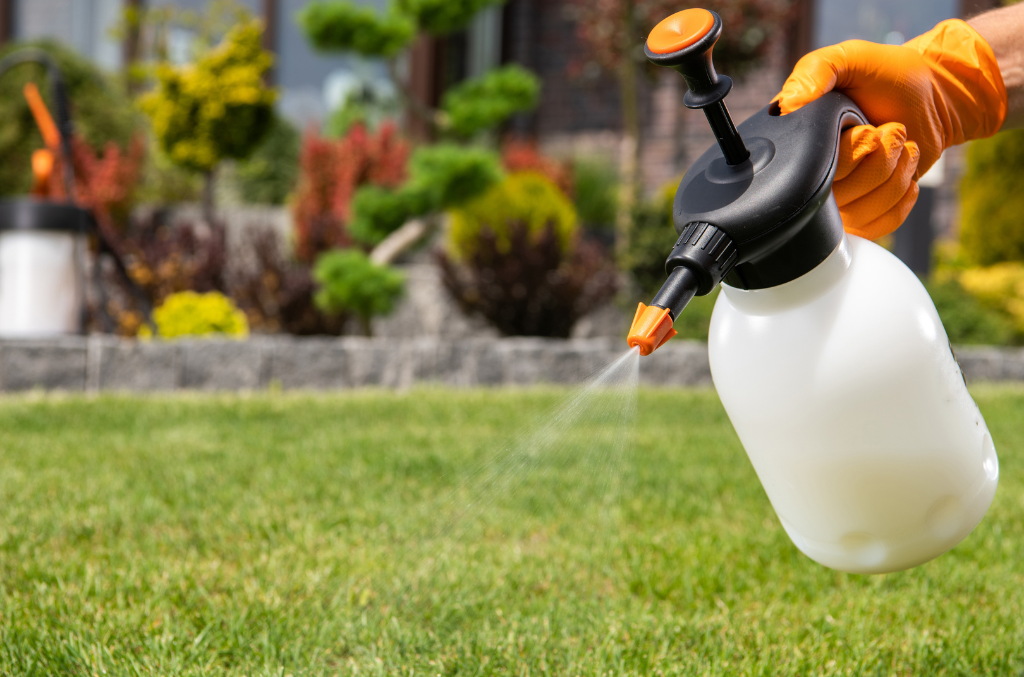Chemical Sprayers
The Comprehensive Guide to Chemical Sprayers: Optimization, Applications, and Maintenance
Chemical sprayers are indispensable tools in a variety of industries, particularly those that require frequent and large-scale cleaning or disinfection. These devices are designed to dispense a variety of chemicals in a controlled and efficient manner, ensuring thorough application and minimizing waste. Chemical sprayers come in different forms, from handheld units to larger, truck-mounted systems, each tailored for specific applications and environments.
In This Article
The Importance and Role of Chemical Sprayers in Different Industries
Chemical sprayers play a crucial role in maintaining cleanliness, hygiene, and safety in various sectors. In the cleaning and janitorial industry, they are used to apply cleaning agents and disinfectants to large surfaces quickly and efficiently. In healthcare, these sprayers help ensure a sterile environment by dispersing disinfectants that kill harmful pathogens. Manufacturing and distribution industries use these sprayers for various purposes, including sanitizing equipment and applying protective coatings. In the building services sector, these sprayers are used for tasks ranging from pest control to building maintenance.
Regardless of the industry, the goal is the same: to ensure that chemicals are applied comprehensively, consistently, and safely. The right chemical sprayer can make this task quicker, easier, and more effective, which is why understanding these devices is so important. This guide aims to provide a comprehensive insight into the world of chemical sprayers, their applications, maintenance, and more.
Understanding Different Types of Chemical Sprayers
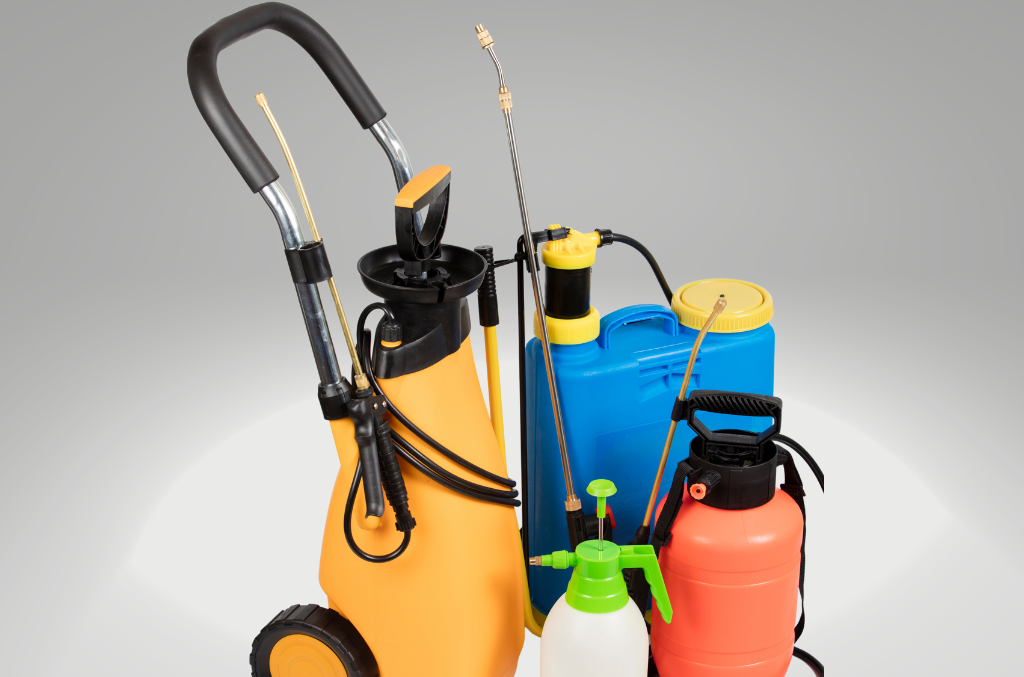
Chemical sprayers come in a variety of forms, each designed to meet specific needs and applications. Understanding the different types of sprayers can help you choose the right one for your needs.
Handheld Chemical Sprayers
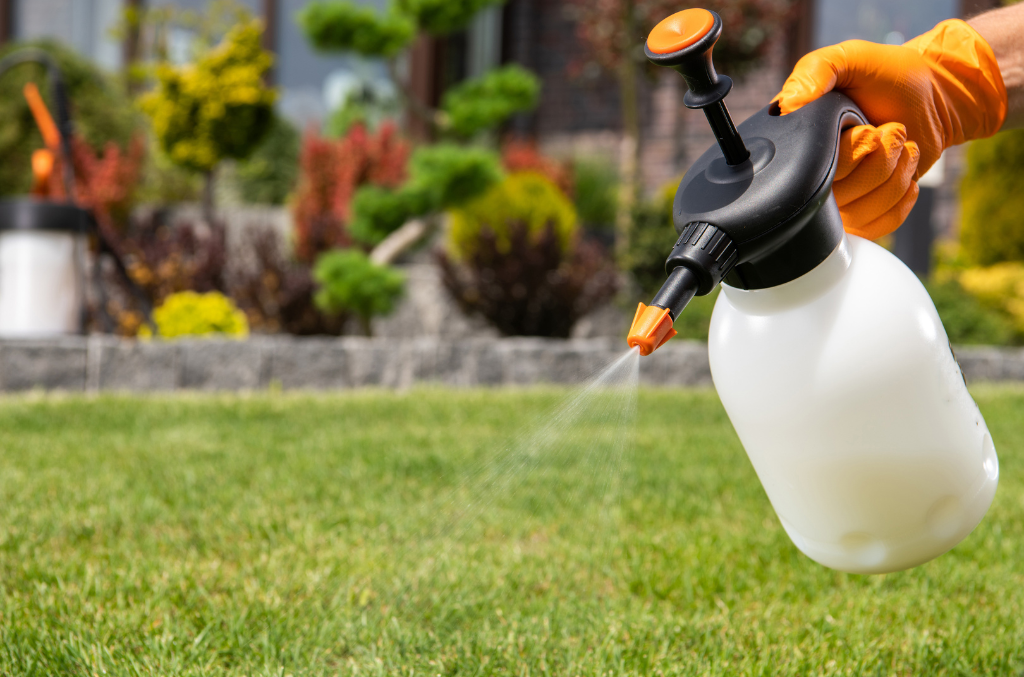
Handheld sprayers are compact and portable, making them ideal for small-scale tasks or areas that are hard to reach. They typically have a trigger mechanism that allows for manual control of the chemical spray, which can be adjusted to dispense the desired amount of product. These sprayers are commonly used in residential cleaning, small-scale commercial cleaning, and gardening.
Backpack Chemical Sprayers
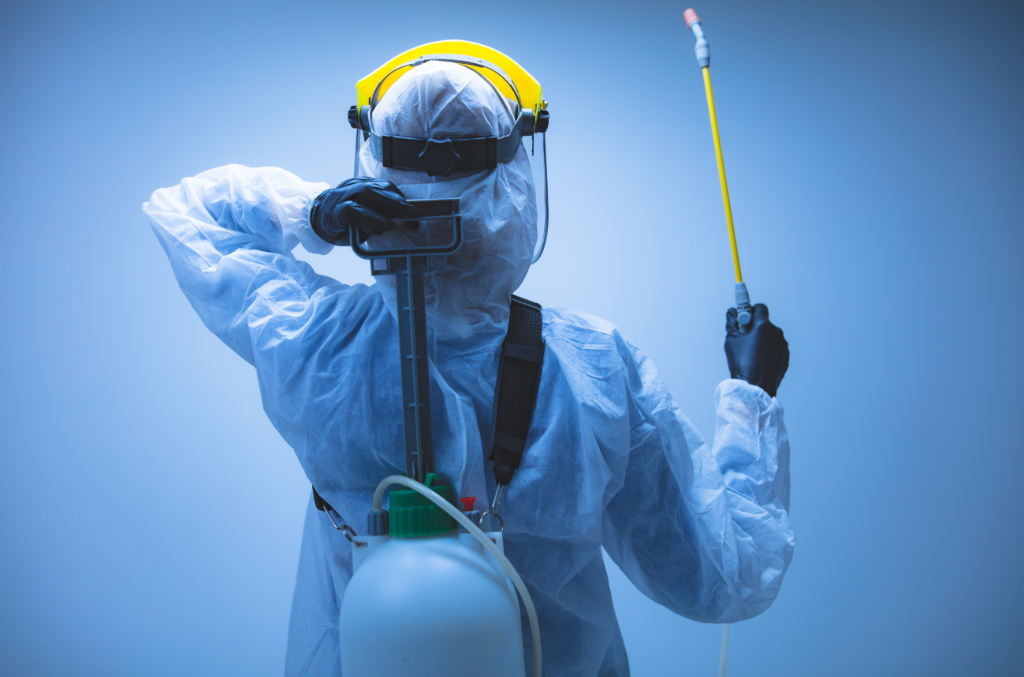
Backpack chemical sprayers are designed for larger areas or tasks that require prolonged spraying. They consist of a large reservoir that is carried on the user’s back, connected to a spray wand via a hose. The sprayer is typically powered by a manual pump, but some models use battery or gas-powered pumps for a more consistent spray. These sprayers are ideal for tasks such as lawn care, large-scale disinfection, or pest control.
Truck-Mounted Chemical Sprayers
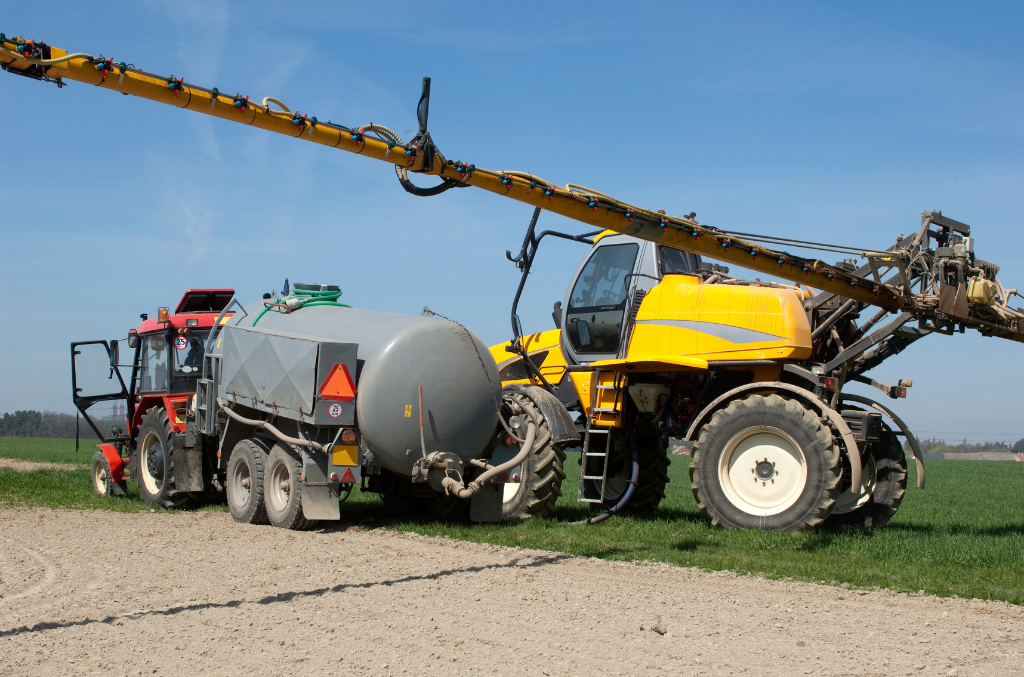
Truck-mounted sprayers are the heavy-duty option, designed for the largest tasks. These systems are mounted onto a truck or similar vehicle and can hold a large amount of chemical solution. They are typically powered by the vehicle’s engine or a separate motor, allowing for powerful and consistent spraying over a wide area. These sprayers are used in industries such as agriculture, road maintenance, and large-scale disinfection.
Each type of sprayer has its strengths and ideal applications. Understanding these can help you make an informed decision when choosing a chemical sprayer for your needs.
The Science Behind Chemical Sprayers
Chemical sprayers may seem simple at first glance, but they utilize a number of scientific principles to achieve efficient and effective dispersal of chemicals.
Understanding the Fundamental Mechanics
At its most basic, a chemical sprayer consists of a reservoir to hold the chemical, a pump to create pressure, and a nozzle to disperse the chemical. When the pump is activated, it creates pressure in the reservoir, forcing the chemical out through the nozzle. The nozzle is designed to atomize the chemical into tiny droplets, creating a fine mist that coats surfaces evenly.
The Role of Pressure in Chemical Sprayers
The pressure created by the pump is a crucial factor in the operation of a chemical sprayer. Higher pressure allows for a finer mist and a longer spray distance, but it also uses more chemical. Lower pressure produces larger droplets and a shorter spray distance, but it uses less chemical. The optimal pressure depends on the specific task and the type of chemical being used.
Dispersion Techniques: How It Works
The nozzle plays a key role in the dispersion of the chemical. It shapes the spray pattern and controls the size of the droplets. A narrow spray pattern with small droplets is ideal for precise applications, while a wide spray pattern with larger droplets is better for covering large areas. Some sprayers have adjustable nozzles that allow the user to change the spray pattern and droplet size as needed.
Understanding the science behind chemical sprayers can help you use them more effectively and maintain them properly. It can also guide you in choosing the right sprayer for your needs, as different tasks may require different pressures, spray patterns, and droplet sizes.
Industry Applications of Chemical Sprayers
Chemical sprayers have a wide range of applications across various industries, each requiring a specific approach to ensure effective chemical dispersion.
Chemical Sprayers in the Cleaning and Janitorial Sector
In the cleaning and janitorial industry, chemical sprayers are used to disperse cleaning agents and disinfectants. Handheld sprayers are often used for smaller tasks or hard-to-reach areas, while backpack or truck-mounted sprayers may be used for larger areas like office buildings or commercial spaces. The goal is to achieve thorough coverage, ensuring that every surface is cleaned and disinfected effectively.
The Use of Chemical Sprayers in Healthcare
In healthcare facilities, maintaining a sterile environment is crucial. Chemical sprayers are used to disperse disinfectants that kill harmful pathogens, preventing the spread of disease. These sprayers must be capable of producing a fine mist to ensure comprehensive coverage and effective disinfection, while also being easy to use and maintain to ensure that disinfection procedures can be carried out regularly and efficiently.
Chemical Sprayers in the Manufacturing and Distribution Industry
In manufacturing and distribution facilities, chemical sprayers are used for a variety of tasks. They may be used to apply protective coatings to products, sanitize equipment, or control pests. The specific requirements of these tasks can vary greatly, so the ability to adjust the pressure, spray pattern, and droplet size is often necessary.
The Role of Chemical Sprayers in Building Services
In building services, chemical sprayers are used for tasks ranging from pest control to building maintenance. The type of sprayer used can depend on the task at hand – for example, a handheld sprayer might be used for small-scale pest control, while a truck-mounted sprayer might be used for large-scale building maintenance tasks.
Understanding the specific applications of chemical sprayers in different industries can help you choose the right sprayer for your needs and use it effectively.
Tips for Choosing the Right Chemical Sprayer
Choosing the right chemical sprayer for your needs can be a challenging task, but understanding key factors can make the decision process easier.
Assessing Your Needs: Understanding the Right Fit
The first step in choosing a chemical sprayer is to assess your needs. Consider the scale of the tasks you’ll be performing, the type of chemicals you’ll be using, and the areas you’ll be covering. Small-scale tasks or hard-to-reach areas might require a handheld sprayer, while larger tasks might require a backpack or truck-mounted sprayer.
The Importance of Material and Build Quality
The material and build quality of a chemical sprayer are crucial factors to consider. The sprayer should be made of durable materials that can withstand the chemicals you will be using. The build quality should be high to ensure that the sprayer can withstand regular use without breaking down.
Price Vs. Performance: Striking the Right Balance
While price is an important factor, it should not be the only consideration. A cheap sprayer might not deliver the performance you need and might break down quickly, costing you more in the long run. On the other hand, the most expensive sprayer might not be necessary for your needs. Striking the right balance between price and performance is key.
Choosing the right chemical sprayer is a crucial step in ensuring effective and efficient chemical application. By considering your needs, the material and build quality, and the balance between price and performance, you can make an informed decision that meets your specific requirements.
Proper Usage and Maintenance of Chemical Sprayers
Proper usage and maintenance of chemical sprayers not only ensures their longevity but also guarantees their effectiveness and safety.
Essential Safety Measures for Using Chemical Sprayers
Safety should always be a priority when using chemical sprayers. Always wear protective clothing, including gloves and safety glasses, to protect against accidental chemical exposure. Make sure to use the sprayer in well-ventilated areas to prevent inhalation of chemical fumes. Always follow the manufacturer’s instructions for use to ensure safe and effective operation.
Routine Maintenance Tips for Longevity
Regular maintenance of your chemical sprayer can extend its lifespan and keep it operating effectively. After each use, clean the sprayer thoroughly to prevent chemical residue from corroding the components. Regularly check the condition of the seals and gaskets, replacing them if they show signs of wear. Lubricate moving parts as recommended by the manufacturer to keep them operating smoothly.
Troubleshooting Common Problems with Chemical Sprayers
Common issues with chemical sprayers include clogs, leaks, and pressure problems. Clogs can often be cleared by cleaning the nozzle and filter. Leaks usually indicate a problem with a seal or gasket and should be addressed immediately to prevent chemical exposure. Pressure problems can be due to issues with the pump or a blockage in the system, and may require professional servicing.
Proper usage and regular maintenance can keep your chemical sprayer operating effectively and safely for many years. Always follow the manufacturer’s instructions and take prompt action if you encounter any problems.
Regulatory Aspects to Keep in Mind
When using chemical sprayers, it’s essential to be aware of and comply with relevant safety regulations and standards.
Understanding the Safety Regulations and Standards
Different regions and industries have specific safety regulations regarding the use of chemical sprayers. These regulations may cover aspects such as the types of chemicals that can be used, the safety equipment that must be worn, and the procedures for disposing of used chemicals. It’s important to familiarize yourself with these regulations to ensure that you are using your chemical sprayer in a safe and legal manner.
The Importance of Compliance in Different Industries
Compliance with safety regulations is not just a legal requirement – it’s also a crucial aspect of maintaining a safe working environment. Non-compliance can result in accidents, injuries, and legal repercussions. In industries such as healthcare and manufacturing, non-compliance can also lead to contamination and product recalls, which can have serious financial and reputational consequences.
Understanding and complying with safety regulations is a crucial aspect of using chemical sprayers. Always make sure to stay informed about the regulations in your region and industry, and ensure that you are following them at all times.
Exploring Different Brands of Chemical Sprayers
The market offers a wide variety of chemical sprayers from different brands, each with its unique features and benefits. There are many well-known brands that offer sprayers for general applications.
Niche Brands for Specific Requirements
In addition to the major brands, there are also niche brands that specialize in certain types of sprayers or specific applications. For example, brands like B&G and Birchmeier specialize in professional-grade sprayers for the pest control industry, while brands like Graco and Titan focus on sprayers for painting and coating applications. These niche brands can be a great choice if you have specific requirements that are not met by the mainstream options.
User Reviews and Recommendations
When choosing a sprayer brand, it’s helpful to look at user reviews and recommendations. These can provide real-world insights into the performance and reliability of different sprayers, helping you make an informed decision. However, keep in mind that everyone’s needs and experiences are different, so what works well for one person may not work as well for you.
Exploring different brands of chemical sprayers can help you find the best fit for your needs. Consider your specific requirements, do your research, and don’t be afraid to ask for recommendations or seek professional advice.
Summary Of Discussion
Recapping the Importance and Applications of Chemical Sprayers
Chemical sprayers play a pivotal role in various industries, from maintaining cleanliness in healthcare facilities to ensuring hygiene in the janitorial sector, to performing crucial tasks in the manufacturing and distribution industries, and aiding in building maintenance. Choosing the right sprayer is paramount to achieving efficient and effective chemical application.
The Future of Chemical Sprayers: What to Expect
As technology continues to evolve, we can expect to see advancements in chemical sprayer designs and functionality. Future sprayers may offer more precise control over spray patterns and droplet sizes, more efficient pumping mechanisms, and smarter features for enhanced usability and safety.
As we navigate this ever-evolving landscape, staying informed about the latest developments in chemical sprayer technology and best practices for their use and maintenance can help ensure that we continue to use these essential tools effectively and safely.
Frequently Asked Questions (FAQ)
At IP Products, we offer a wide range of Chemical Sprayers to meet your needs. Browse our collection today and find the perfect Chemical Sprayers for your job. We are dedicated to quality, customer satisfaction, and fast shipping.
